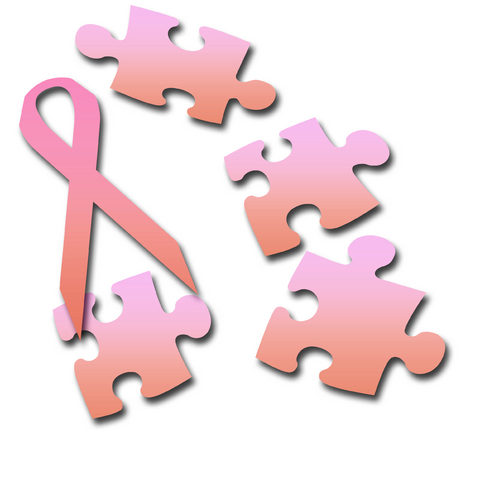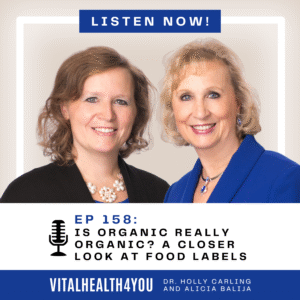So much focus is on breast cancer, conventional treatment for breast cancer, and “early detection” of breast cancer via mammograms and self-exams, but little attention is given to keeping them healthy in the first place. We can do much to maintain healthy breasts at home with relatively little effort. It needs to become a lifestyle, not just a thing we do at the moment or when someone diagnoses you with breast cancer.
We can divide breast health concepts into 4 categories: Foods, physical activities, self-exams/massage, and other factors.
Foods rich in minerals and vitamins are, as usual, fundamental to good health. Green leafy vegetables for their rich mineral availability, cruciferous vegetables (cabbage, cauliflower, Brussels sprouts, kale, broccoli, collard greens, Bok choy, watercress, arugala, Chinese cabbage, turnips and parsnips) for their general health and anti-cancer characteristics, and their involvement in liver detoxification.
One mineral that deserves particular attention in breast health is iodine. There is extensive research on the role of iodine and breast health, particularly linked to breast cancer. Iodized salt is not complete enough to help, especially when we have iodine-blockers in our food sources such as bromides (in several white breads, sodas and medications), and fluoride in our drinking water.
Vitamins, especially those rich in Vitamin A (yellow and orange fruits and veggies), Vitamin D (cod liver oil, salmon, tuna, mackerel, pork, eggs, mushrooms and beef liver or Vitamin D supplements), Vitamin E (spinach, chard, and turnip greens, mustard greens, cayenne pepper, almonds, sunflower seeds, asparagus, and bell peppers, and supplements of Vitamin E complex, not just d-alpha tocopherol), and Vitamin B (beef liver, turkey, tuna, kombucha, whole grains, potatoes, bananas, lentils, chili peppers, beans, nutritional yeast, brewer’s yeast, and molasses) are all particularly helpful for keeping healthy breasts.
Foods should be organic whenever possible (which means avoiding foods treated with pesticides, herbicides or hormones with potential carcinogenicity), high in fiber, unrefined, and free of trans fats. Sugar is not healthy for any part of the body and should be used very sparingly. Other foods to consume very sparingly include alcohol, caffeine, and additives.
Other factors that have a role in breast health include getting enough sleep (8-9 hours), keeping stress under control (using yoga, meditation, acupuncture to help), maintaining a healthy weight, with good lean body mass, exercising regularly (3-4 times/week), reducing inflammation (reduce inflammatory foods such as sugar and coffee, use herbs or acupuncture to reduce inflammation), wearing a fairly loose bra, and relaxing and nurturing yourself!
Self-exams are important as well. A colleague of mine had a great concept: He teaches his patients to do regular massages on their breast to maintain good lymphatic health. The focus is on keeping the breasts healthy. When you do this regularly, you will know your breasts quite well, and if something unusual happens to them, you’ll know immediately.
If we focus on good health in general, (as referenced above) healthy breasts will just be the natural outcome!
© 2013 Holly A. Carling, O.M.D., L.Ac., Ph.D.







